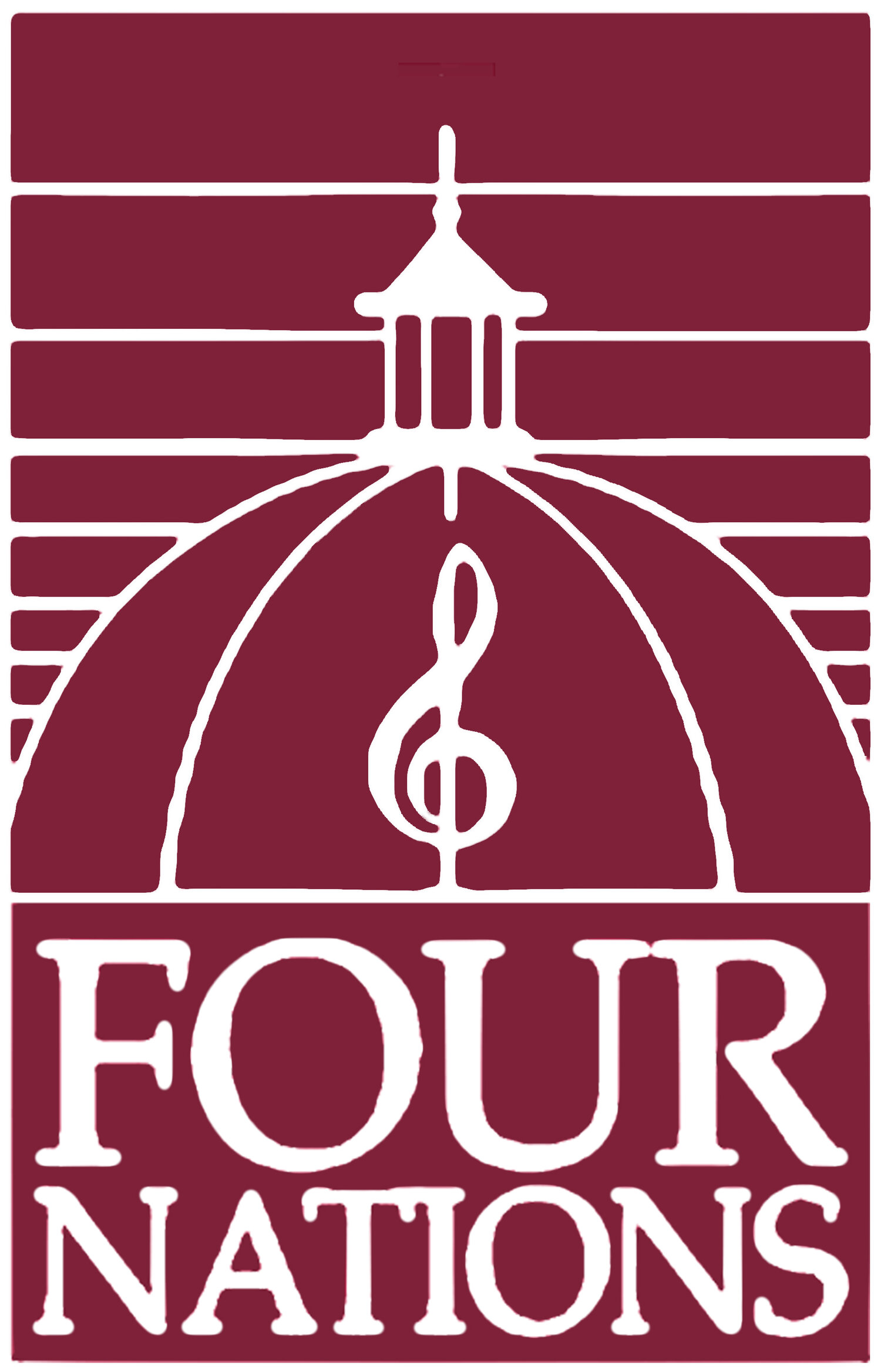Kings and Shepards
Saturday, September 14 at 2:30 PM
Brian and Lindsay Shea, hosts
Germantown, NY
THE ARTISTS
Pascale Beaudin, soprano
Daniel Moody, alto
Robert Getchell, tenor
Douglas Williams, baritone
Olivier Brault, violin
Chloe Fedor, violin
Kristine Linfante, viola
Loretta O'Sullivan, cello
Scott Pauley, lute
Andrew Appel, harpsichord
THE PROGRAM
BYRD
Kyrie from Mass for Four Voices
PURCELL
Music from King Arthur
HANDEL
Oh Lord, whose mercies numberless
PURCELL
Saul and the witch of Endor
Lord what is Man
Evening Hymn
Man that is born of a woman
(Funeral Sentences)
Can it be that so large a segment of the audience at Christmas performances of The Messiah is Jewish and close to it in number, atheist? Engrossed in music rich in Christian images and creed, I have searched for reasons that this focused music, including the Passions of Bach and the requiems of Verdi and Mozart, is so moving and touches all of us profoundly. We don’t share the same beliefs, and we often bristle at the off-putting texts.
In the first program of Four Nations’ fall season we have called upon Henry Purcell, William Byrd, and George Frideric Handel selecting works that are clearly Christian to create an concert of contemplation and search. Why do Kyries, the story of Saul, and the lamentation of Job (funeral sentences) touch us so deeply, even though we may be far from their concepts of God and soul?
My thought is that all of us, from the most imaginative to the most literal, from the poet to the mathematician, are searching for meaning, for moments of grace, for understanding. Each of us needs the miraculous and all of us want a reason for both the aching loneliness as well as the joyful magic of our lives.
God have mercy…Kyrie Eleison. William Byrd may be making a plea to his Catholic God in this prayer. But do we not all, as we live our lives and cope with the heartache of war, of strife, do we not all want fortune to grant us peace and dull the sharp pains of the hour? In sickness, do we not want some relief from somewhere…anywhere? In the barrage of disappointments or the realization that we haven’t done the right thing or the best thing, do we not wish for mercy, to be forgiven for our inadequacy? Byrd’s perfect counterpoint, filled with elegance, with exquisite lines creates an image of angelic singing even if we don’t believe in angels.
Lord, What is Man. Purcell laments the lowliness of humanity while celebrating the sacrifice of Christ for so base a creature as a man, singing hallelujah at the thought of salvation, so we all want to sing that halleluiah at the gift, the miracle of the world around us. At the perception of the sunrise and the rebirth of springtime…of splendor in the grass. What are WE to have the ability to perceive. How have we earned so great a gift? And the Evening Hymn reminds us all how fortunate we are to live yet another day and to enjoy sweet repose before that day begins.
Suffer us not at our last hour…to fall away from thee. And here, as we all face in our way our finite lives, our mortality, we come against the crushing loneliness and grief of leaving the world. Realizing this inescapable truth, do we not all hope that there is some light, some help as we bid our world goodbye. No one so expresses this longing as movingly and simply as Purcell, who at 35 bid his world goodbye. His singers give us sighs and tears as this moving motet fades away.
We are inspired and irritated by the WHY of our lives and the HOW of creation. The human mind searches even when it knows that we may not believe there exists a WHY and know that we can never know the HOW. But in this universal search we have cobbled mythologies of miracles and philosophies of morals and merits. Handel, Byrd, and Purcell have followed their searches with music that radiates light and grace, touching our hearts and captivating our minds.


